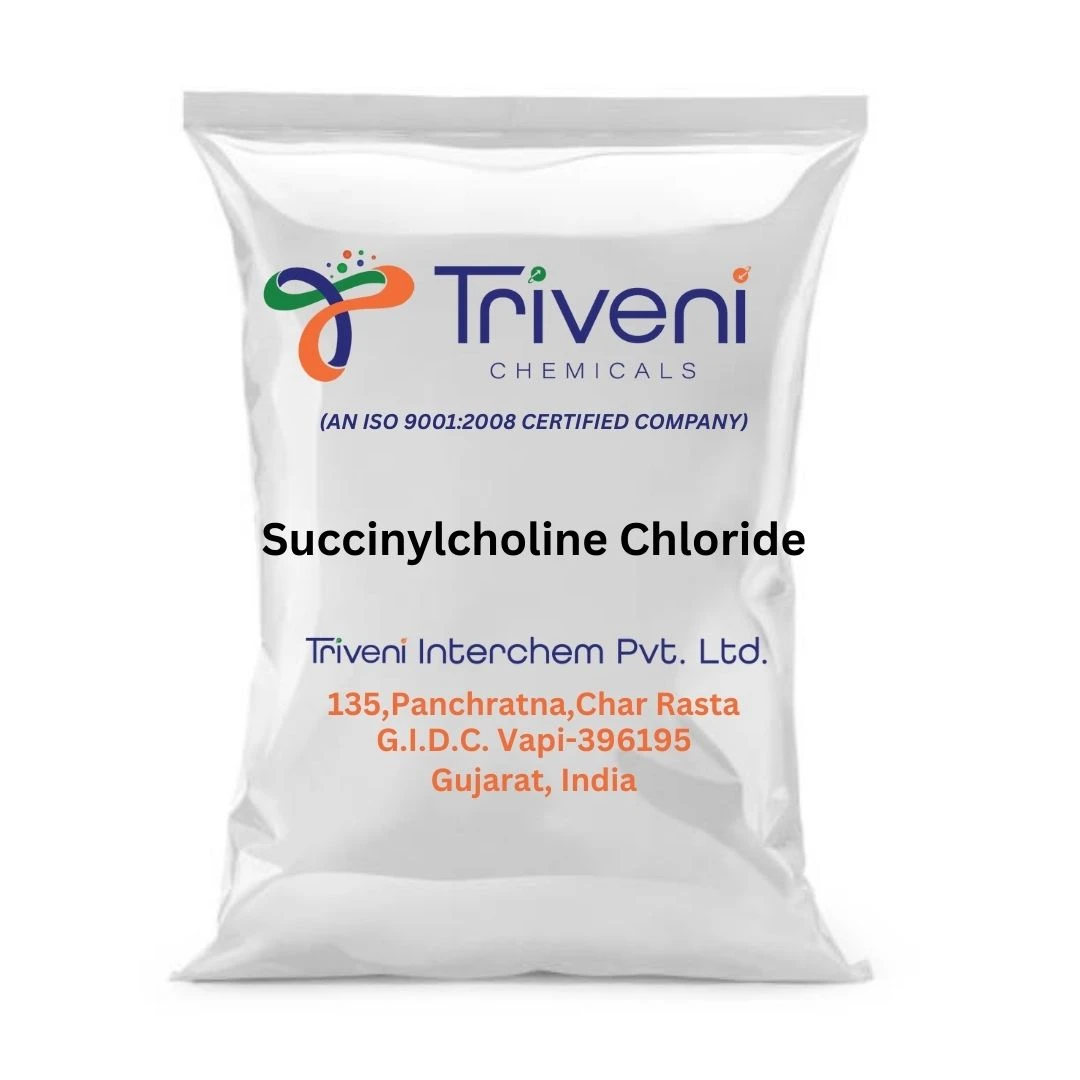As essential building elements in the synthesis of active pharmaceutical ingredients (APIs) and pharmaceuticals, medical intermediates play a critical role in the pharmaceutical industry. These intermediaries are essential to the drug development process because they provide a link between the raw ingredients and the finished medications that are administered as..
As essential building elements in the synthesis of active pharmaceutical ingredients (APIs) and pharmaceuticals, medical intermediates play a critical role in the pharmaceutical industry. These intermediaries are essential to the drug development process because they provide a link between the raw ingredients and the finished medications that are administered as treatments.Essentially, chemical molecules undergo several chemical processes to generate APIs, which are known as medicinal intermediates. They have specialized molecular structures and functional groups built into their design and synthesis to allow for efficient and targeted reactions during the synthesis process. Since these intermediates directly affect the final pharmaceutical products' quality, efficacy, and safety, their quality and purity are crucial.Medical intermediates are created via a sequence of carefully regulated chemical reactions carried out in a controlled environment. These reactions are frequently conducted in specialized facilities that follow strict regulatory rules and are outfitted with cutting-edge technology. Before moving on in the production chain, each intermediate is put through a rigorous testing and analysis process to make sure it satisfies the necessary requirements.Because they make it possible to produce medications effectively and economically, medical intermediates have a substantial positive impact on the pharmaceutical sector. They enable pharmaceutical businesses to increase the scalability of medication production, lower production costs, and streamline their manufacturing procedures. Additionally, intermediates can be customized to fulfill particular therapeutic needs, enabling the creation of innovative medications and formulations that address a range of illnesses and ailments.Medical intermediates play a crucial role not only in drug manufacturing but also in pharmaceutical research and development (R&D). Intermediates are used by researchers to investigate novel chemical entities, enhance medication formulations, and advance drug delivery technologies. This innovative technique contributes to increasing the therapeutic alternatives available to patients and healthcare practitioners.Furthermore, improvements in chemical synthesis, process optimization, and regulatory compliance are driving further changes in the pharmaceutical intermediates market. Businesses that produce medical intermediates constantly invest in technology and research to keep up with the global need for pharmaceuticals that are both affordable and of high quality.To sum up, medical intermediates are essential to the pharmaceutical sector because they are used in the synthesis and manufacturing of pharmaceuticals. In the end, they contribute to improvements in patient outcomes and healthcare by playing a role that goes beyond chemical synthesis to include innovation, quality control, and regulatory compliance. Medical intermediates are predicted to remain crucial to medication development and production even as the pharmaceutical industry changes.




